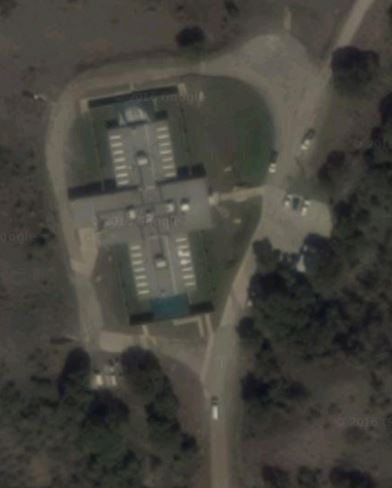
New and partly exclusive: FOIA lawsuits by NYT and ACLU win release of the drone strike rules Trump secretly revamped in 2017, plus what's up with the delay in the Biden administration's deliberations over coming up with its own direct-action policy. nytimes.com/2021/05/01/us/…
The Obama approach to drones was centralized and individualistic: high level interagency review of whether a specific target posed a threat to Americans./2
The Trump approach was looser/decentralized: they established standards for particular countries and let operators decide whether they had been met and whether an attack was warranted. Permitted killing based on status as member of enemy force, as opposed to individual threat./3
After inauguration the Biden admin suspended the Trump system and established "interim" rules requiring WH approval for strikes while it conducted what was supposed to be a 60 day review of how the two systems had worked and decided what its own direct action policy will be./4
The Biden review found that the Trump policy was stricter on paper than in practice: it allowed a lot of flexibility for downward departures from the general rules, such as permitting a lower standard of certainty that no civilians would be killed for adult men./5
This new story reports that the 60-day review is taking longer and may last 6 months (keeping the interim rules in place). Deliberations over whether to tighten the rules are complicated by fallout from Biden's decision to end the (conventional) Afghanistan War. /6
As a conventional war zone, Afghanistan, like Iraq/Syria, has been exempt from these targeted killing rules under both Obama and Trump. But it will become subject to them once US troops are out. /7
It's not yet clear how many drones will be available, and where they will be based, after the pullout. That will affect how many surveillance resources are available to hover over a potential strike zone and watch who comes and goes./8
That will in turn have consequences for potentially tightening civilian casualties safeguards when it comes to adult men. It's easier to be pretty sure no women or children are present than it is to know for (near) sure whether an armed adult male is a terrorist or a farmer./end
• • •
Missing some Tweet in this thread? You can try to
force a refresh









